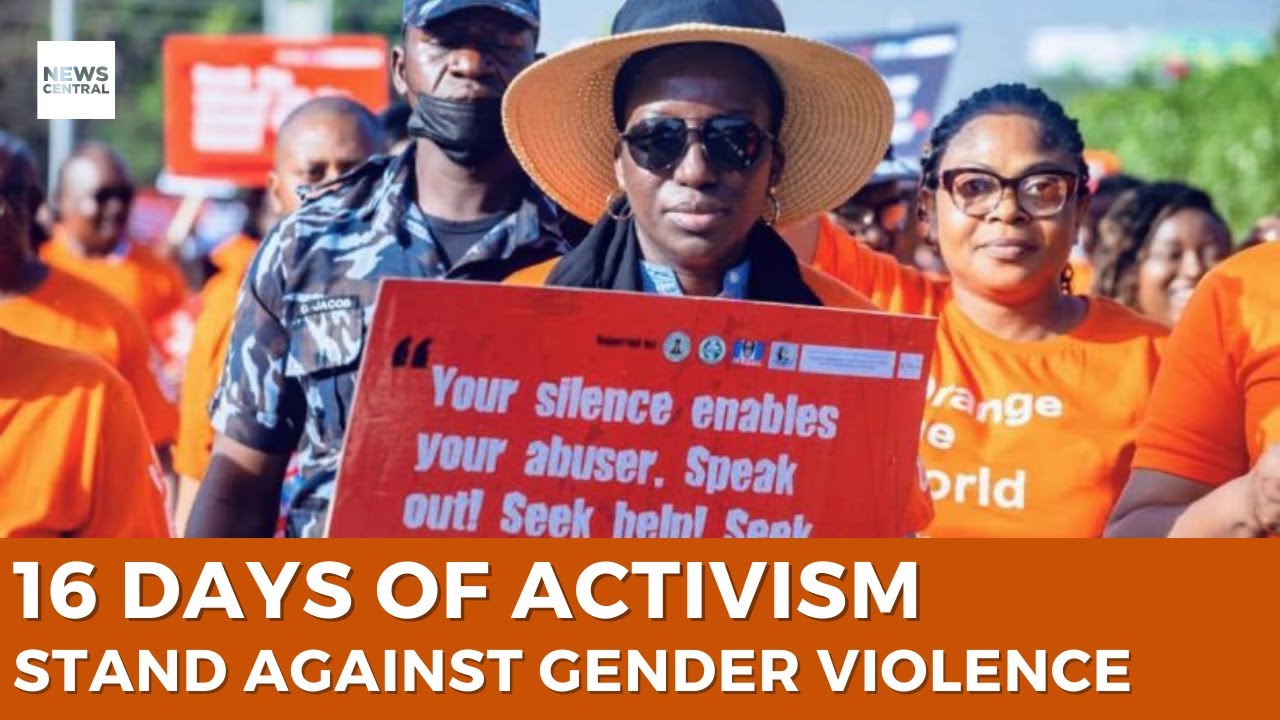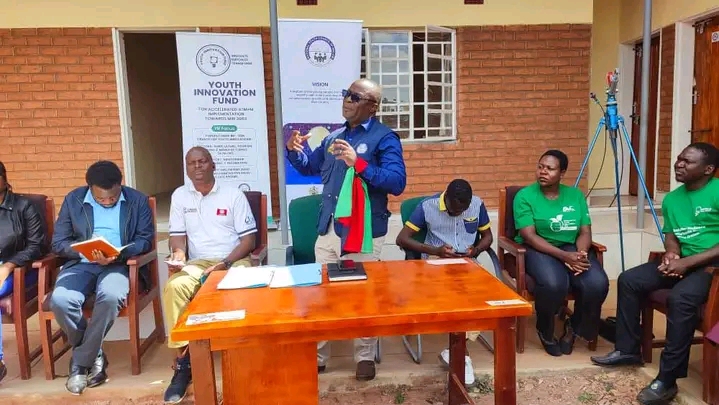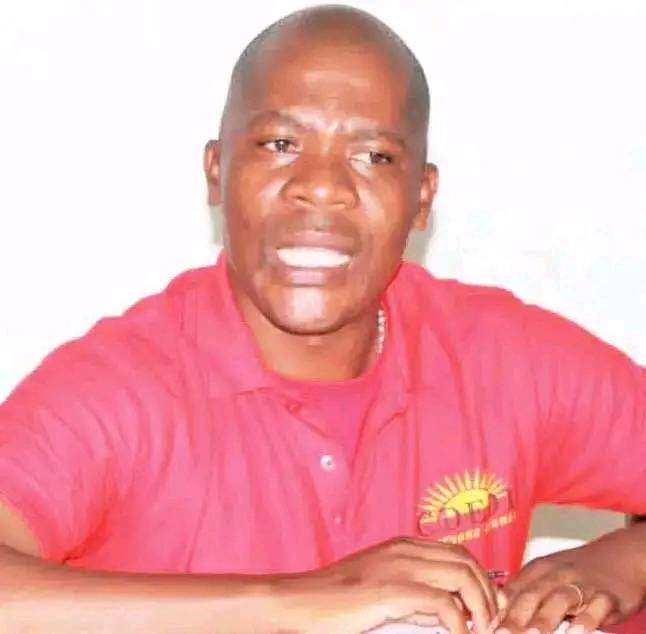By Mabvuto Kalawa, Malawi Freedom Network Correspondent
For many years, gender-based violence (GBV) has largely been perceived as an issue affecting women and girls.
However, recent accounts reveal that men and boys also experience significant forms of gender-based violence, although societal norms often discourage them from speaking out.
As the Malawian proverb goes, “Man salira koma kupilira” — a saying that implies men should endure suffering silently — many men hide instances of abuse from the police, civil organizations, and other authorities.
Our reporter conducted interviews with several men in Nduta Village under Traditional Authority Nsamala in Balaka District.
Most of the men acknowledged that gender-based violence against men is prevalent but often goes unreported because of shame or fear of social stigma.
One man, a bicycle taxi rider at Mangochi Turnoff, shared that his wife demands a daily contribution of a plastic bag of maize flour (“bonya”), and if he fails, she yells at him and sometimes denies him entry into their home.
He explained that he often borrows money from friends to meet these demands, living in constant fear of his wife’s anger — an example of domestic and psychological abuse.
Another man, Joni Tanganyika, highlighted that gender-based violence is not always physical; it can also be psychological.
He described how, in his community among the Lomwe clan, married men often reside at their wife’s family home, where they face constant verbal abuse for minor mistakes, which undermines their ability to develop their household or assert independence.
A third man recounted how, after losing his civil service job as an accountant, his wife began verbally abusing him and even told him to leave, illustrating how economic vulnerability can trigger domestic violence.
The Village Headman of Nduta, speaking on the issue, acknowledged that gender-based violence against men is high and increasingly difficult to control.
He cited a recent case where a 24-year-old man quarreled with his mother and was doused with cold water, which he classified as gender-based violence.
According to him, incidents often rise after the harvest period, highlighting that the problem is not limited to occasional disputes but is embedded in daily social dynamics.
While women are more likely to report abuse, men often suffer harassment physically, socially, mentally, emotionally, and psychologically.
This raises a pressing question for Malawi as a nation: what concrete steps are being taken to protect men from gender-based violence?
The issue requires urgent attention from relevant authorities, civil society, and community leaders to ensure that support mechanisms are inclusive of male victims.
Gender-based violence is not a one-sided problem. Addressing it requires collective action, awareness, and societal change to protect all members of the community.
This is a wake-up call for authorities to recognize the hidden plight of men and boys and implement policies and interventions to end gender-based violence once and for all.




